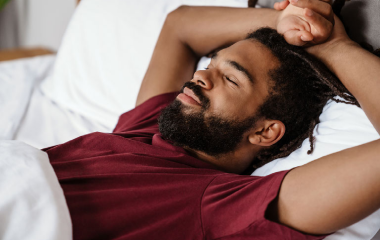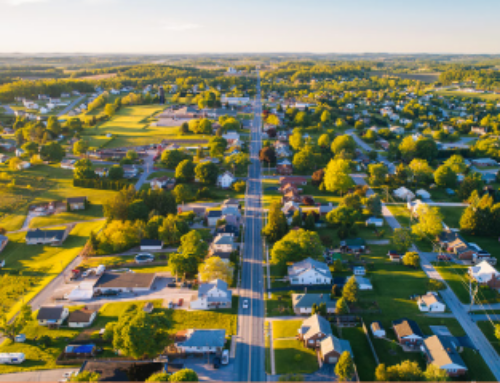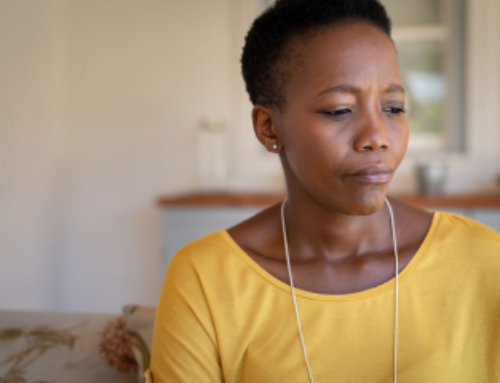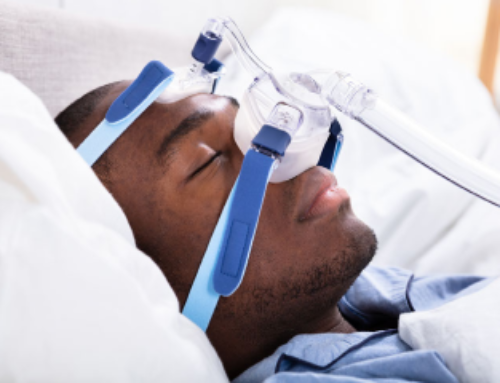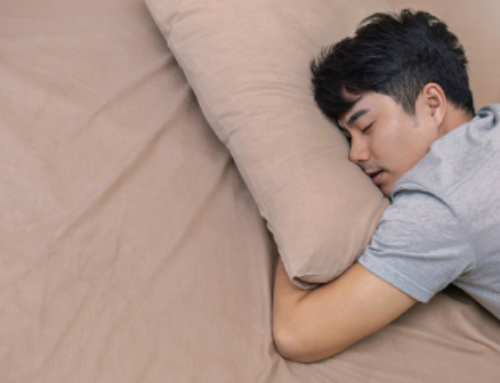New research shows the exact effects of sleep disturbances differ by race.
A study published this month in the Journal of Clinical Sleep Medicine compared symptoms of white, Black, and Hispanic people.
Each participant filled out a survey about their symptoms after scientists monitored their sleep.
Black participants who had insomnia symptoms, excessive daytime sleepiness, or frequently snored reported poorer physical health compared to their white counterparts. Black people with insomnia also had more physical limitations than Hispanics and worse mental health than whites.
Hispanics with those same sleep issues had more mental distress than white people.
Researchers found sleep disturbances were common for the overall population; 46 percent had at least mild sleep apnea, 34 percent reported frequent snoring, 30 percent had insomnia and 25 percent reported excessive daytime sleepiness.
Excessive snoring was most common among Hispanics, affecting 41 percent studied. Nearly a third of black people struggled with daytime sleepiness, the most in the study.
Due to limitations of the study’s design, researchers could not examine what caused those differences. They speculate lifestyle, diet, sleep architecture and access to health care could be factors.
The 2010 Sleep in America Poll highlights sleep differences for each race. Blacks were most likely to be “short sleepers,” those surveyed averaged 6.2 hours of sleep on weekdays. Whites had the highest average of 6.9 hours.
According to CDC data, unemployed and low-income Americans have more trouble sleeping. High school dropouts are about twice more likely to have sleep disturbances than people with college degrees.

